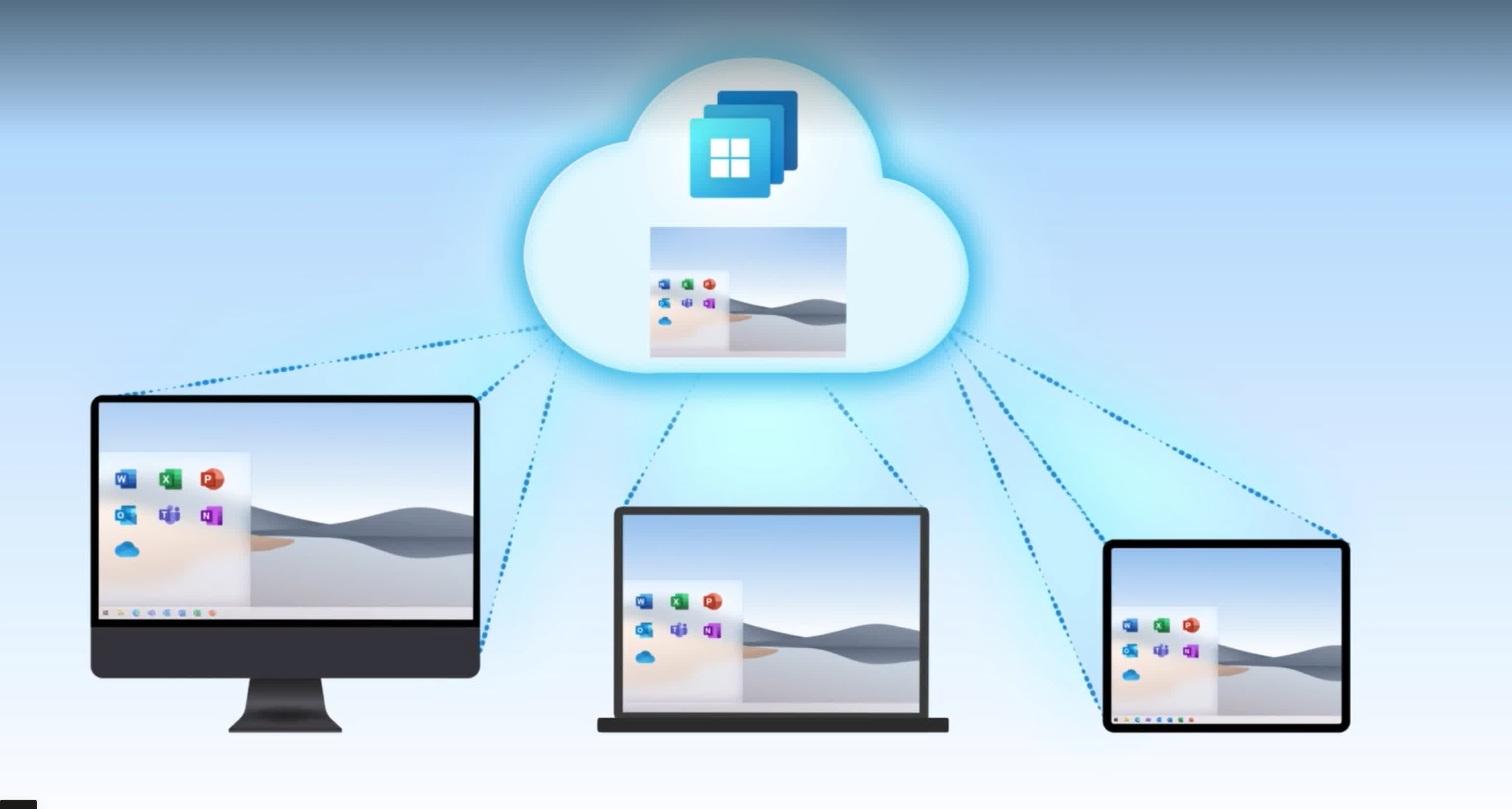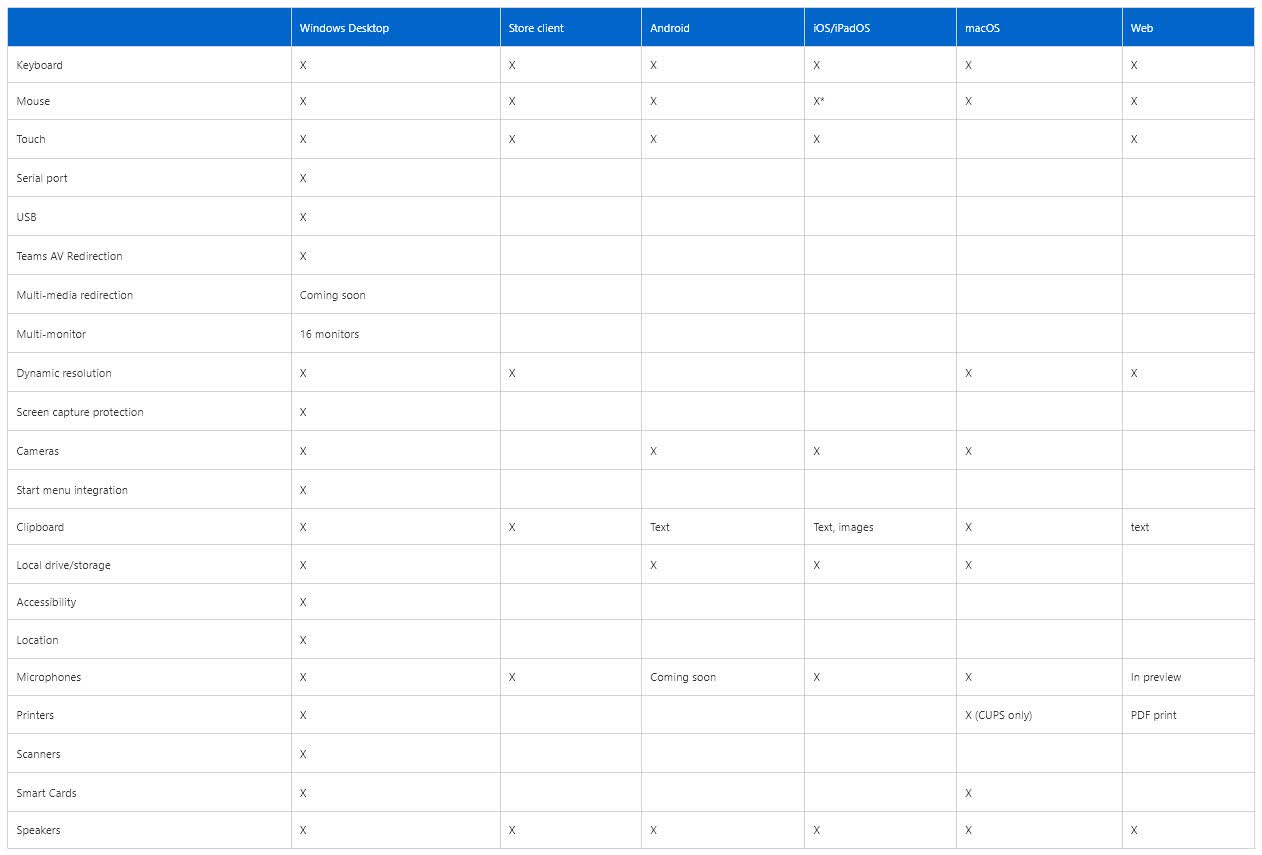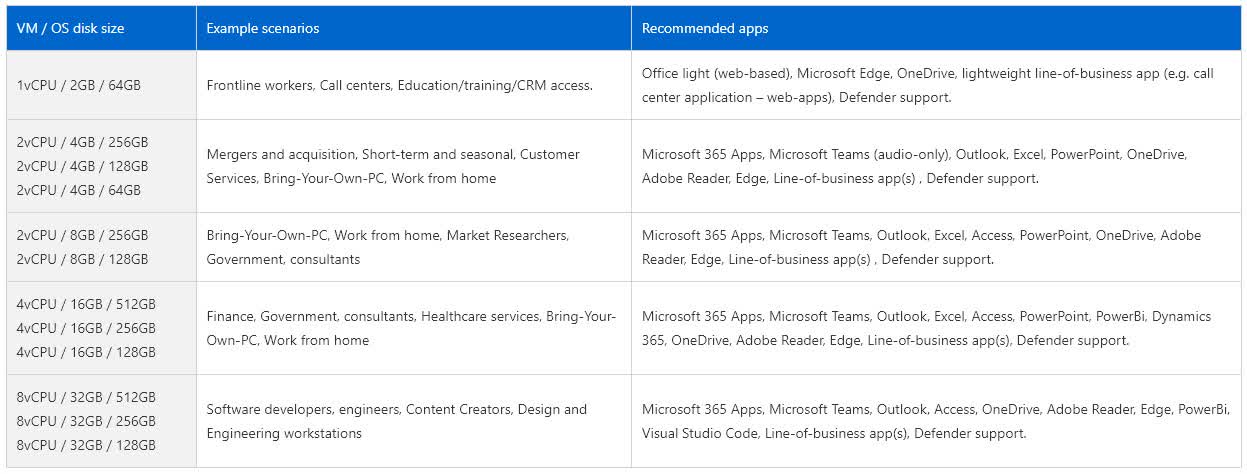What just happened? Microsoft has announced general availability and pricing information of Windows 365 Cloud PC, the subscription service revealed at Microsoft Inspire 2021. Windows 365 takes Microsoft's OS to the cloud and allows customers to stream it on any internet-connected device, with a starting price of $20 per month per user. The service is launching in two flavors: Business and Enterprise, with the latter version aimed at larger companies having 300+ users. In addition to Windows 10, Microsoft will also bring Windows 11 to the Cloud PC service when the OS launches later this year.

Windows 365 Cloud PC is Microsoft's subscription-based service for the modern hybrid workspace, aimed at delivering the benefits and security of the cloud to small and big businesses. Microsoft recently announced general availability of Windows 365, alongside pricing information for its Business and Enterprise tiers, which differ in terms of features and user environment.
Capped at 300 users, the Business version is meant for smaller companies and starts at $24 per month per user. This comes with a single virtual core, 2GB of RAM, 64GB of storage and 12GB of outbound data. Microsoft will reduce this tier's price to $20/mo/user for companies with Windows Hybrid Benefit, which allows them to apply existing/new licenses towards the cost of this cloud service.
Alongside a few other plans, the top-end config in the Business flavor costs $162/mo/user ($158 with Windows Hybrid Benefit) and comes with eight virtual cores, 32GB of RAM, 512GB of storage and 70GB of outbound data.
Windows 365 hardware support varies depending on user device/endpoint
The Enterprise version of Windows 365 drops the 300 user limit, allowing large organizations to scale as needed. Enterprise offers the same configs as the Business variant, albeit with the latter's discounted prices as standard.
Companies will need a Microsoft 365 subscription to access Windows 365 Business, notes ZDNet's Mary Jo Foley, while the service's Enterprise version will require that they meet the following criteria:
- With Windows Pro endpoints: Windows 10 E3 + EMS E3 or Microsoft 365 F3/E3/E5/BP
- With non-Windows Pro endpoints: Windows VDA E3 + EMS E3 or Microsoft 365 F3/E3/F5/BP
- Azure subscription
Additionally, Microsoft says the Windows 365 service will allow users to remotely log into any of their apps, including demanding programs like video editing and graphic design software. It has also recommended VM configs and apps based on user role.

